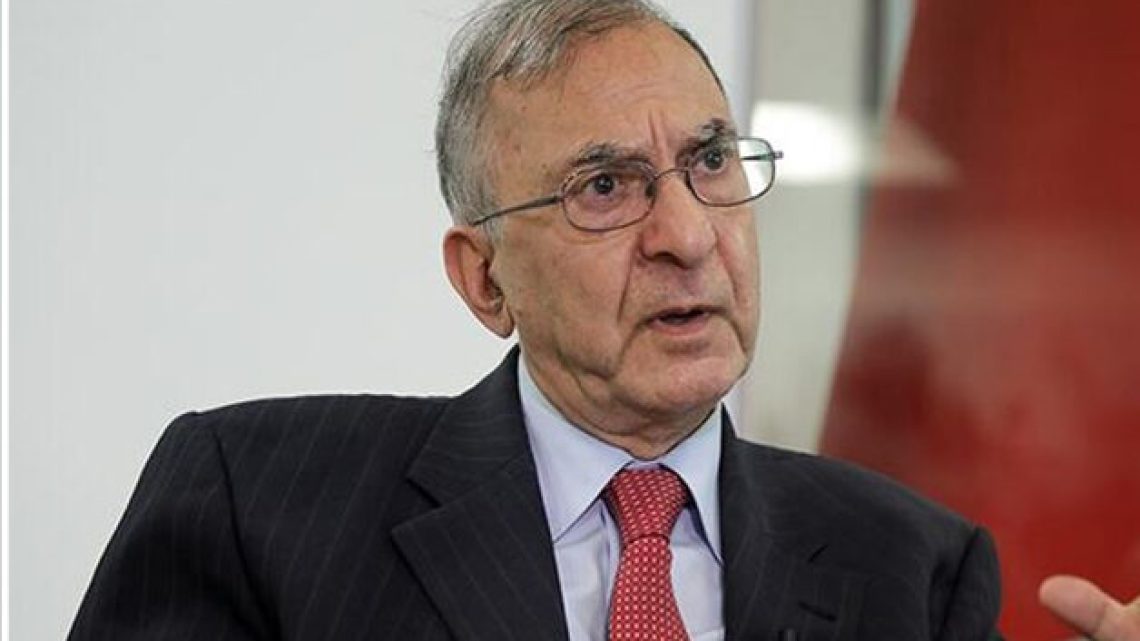
Global Thinkers at Istanbul Call for U.S. Diplomatic Support on Kashmir Issue
November 4, 2024The 8th International Model Islamic Union Congress, hosted by Turkey’s Justice Defenders Strategic Studies Center (ASSAM), recently wrapped up in Istanbul with discussions focusing on significant international issues, including the long-standing Kashmir conflict. The conference aimed to foster dialogue on global peace and stability, with prominent figures sharing insights on the impact of the Kashmir issue on regional and international relations.
U.S. support demanded
One of the conference’s key presentations was given by Dr. Ghulam Nabi Fai, Chairman of the World Forum for Peace & Justice, who examined the United States’ stance on Kashmir in a paper titled “US Policy Towards Kashmir: Help or Hindrance.” Dr. Fai argued that a peaceful resolution to the Kashmir dispute would advance international law and stability in South Asia, a region marked by tension between two nuclear powers, India and Pakistan. He emphasized the importance of self-determination for the 23 million residents of Kashmir, a right that he claimed has been denied for over 77 years.
Dr. Fai highlighted that Kashmiris and their American allies are not calling for military intervention but instead seek diplomatic support from the United States. According to Dr. Fai, increasing U.S. awareness of the moral and legal dimensions of Kashmir’s situation could catalyze a peaceful resolution that benefits democracy, human rights, and regional security. He pointed out that the U.S. once played an active role in advocating for Kashmir’s self-determination at the United Nations, including supporting UN Security Council Resolution 47 in 1948, which called for a plebiscite in the region. However, he observed that Washington’s stance has since shifted, framing the issue as a bilateral dispute between India and Pakistan—a position Dr. Fai attributed to India’s successful lobbying efforts and its rising economic importance on the global stage.
Three outcomes of U.S. role
Dr. Fai elaborated on the potential benefits of resolving the Kashmir conflict. He identified three key outcomes: promoting nuclear stability between India and Pakistan, reinforcing international respect for human rights, and mitigating human rights abuses in the region. He criticized the Biden administration’s alignment with India, describing it as a policy shaped by economic and strategic interests rather than humanitarian concerns.
Dr. Fai further highlighted how India’s restrictions on international media and NGOs prevent broader awareness of the situation in Kashmir, limiting global understanding of the human rights challenges faced by the Kashmiri people.
Peaceful diplomacy
In his concluding remarks, Dr. Fai urged the international community to maintain a commitment to peaceful diplomacy. He proposed the appointment of a special envoy, such as Norway’s former Prime Minister Kjell Magne Bondevik, to mediate the conflict, believing such a step could bring an impartial perspective to the negotiation process.
Ultimately, Dr. Fai called for a transparent and fair peace process, underscoring that a resolution would not only stabilize South Asia—a region home to one-fifth of the world’s population—but also set a global example for the peaceful settlement of international conflicts. His appeal aligns with ASSAM’s mission to offer solutions for complex geopolitical issues, underscoring the Congress’s broader goals of advancing peace and justice.

